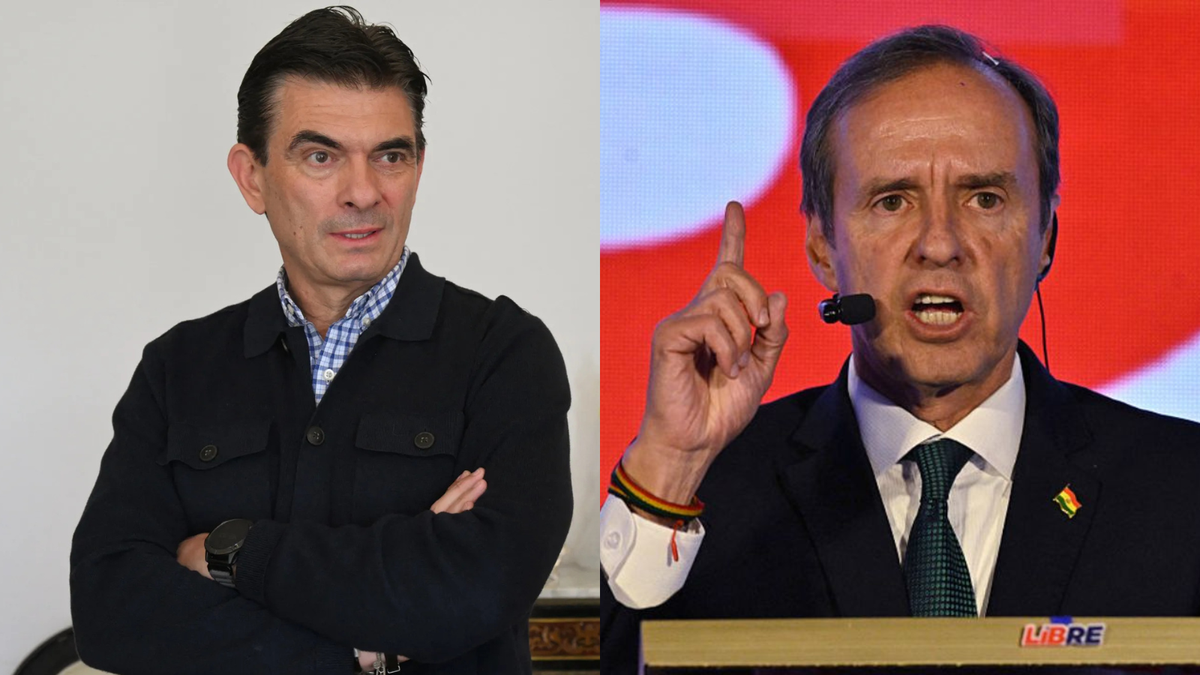With 28.5% voting intention, according to a recent Ipsos/Sopra Steria poll for the newspaper Le Parisien, the great unknown for April 10 will be knowing who will compete with Macron for the presidency two weeks later.
As in 2017, the Liberal’s main rival is the far-right Marine LePen (17.5%), followed by the leftist Jean-Luc Mélenchon (14.5%), of Eric Zemmour (11%, extreme right) and of Valerie Pecresse (10%, right), according to the survey.
The candidates put everything on their part this Sunday in the face of the final stretch. As in 2017, Mélenchon gathered thousands of people in Marseille (south) –35,000 according to the organization–, as well as Éric Zemmour, in his case in Paris.
“This time they feel like me, we don’t know why, suddenly we said to ourselves: ‘We are going to achieve it,'” Mélenchon said in France’s second city, urging people to vote for him from the first round if they seek to prevent the extreme right from reaching the can.
The leftist presents himself as the “useful vote” of an atomized left and the defender of purchasing power, in a context of high inflation. In addition, he proposes advancing the retirement age to 60 years, which Macron wants to delay to 65.
“The big problem for Jean-Luc Mélenchon is that there is a communist candidacy that did not exist in 2017,” estimates the political scientist at Sciences Po, Gaspard Estrada, for whom this could prevent him from reaching the ballot, to the benefit of Le Pen.
With a 3.5% intention to vote, the communist Fabien Roussel charged on Sunday against the bosses in Toulouse, a traditional bastion of the left, while the environmentalist Yannick Jadot (6%) criticized “lobbies” at a rally in Paris.
For Adélaïde Zulfikarpasic, director of BVA Opinion, the real question of the campaign is whether or not Mélenchon “can spring a surprise”. “On paper, it could,” although “Marine Le Pen is the one with the greatest upward momentum,” he says.
All this in a context of uncertainty. “Four out of ten voters who say they are sure about going to vote are still in doubt,” says Zulfikarpasic, for whom “everything may be at stake in the next two weeks.”
In addition to undecided voters, Estrada points to the “differential abstention”: Macron’s electorate tends to vote more than Jean-Luc Mélenchon or Marine Le Pen, who are more likely not to go to the polls even if they intend to.
The far-right, who in her third attempt to reach the presidency is making an effort to show a less radical image, traveled over the weekend to the island of Guadalupe, where this Sunday protesters interrupted a television interview.
Beyond the choice Le Pen and Zemmour dispute the leadership of the extreme right in France. Although the former commentator came to put her on the ropes after her irruption in the campaign at the end of 2021, her candidacy is deflated.
To compensate for this drop, partly caused by the perception of his proximity to Russia in the midst of the war in Ukraine, Zemmour further radicalized his speech and proposed creating a “remigration” ministry to expel a million foreigners in 5 years.
During his rally before “100,000 people” in the touristy Trocadero square, he claimed, Zemmour once again presented a France that would be at risk of disappearing due to migrants and urged a right-wing union around him.
“I chose the Trocadero to come and clean up the affronts of the right”, said the polemicist. In this square, the traditional right-wing candidates in 2012 and 2017 –Nicolas Sarkozy and François Fillon– campaigned, but without victory.
The electoral campaign, overshadowed by the war in Ukraine, does not arouse much interest in France. The main television, the private TF1, thus decided to cut its broadcast on election night on April 10 to program a film.
Source: Ambito
David William is a talented author who has made a name for himself in the world of writing. He is a professional author who writes on a wide range of topics, from general interest to opinion news. David is currently working as a writer at 24 hours worlds where he brings his unique perspective and in-depth research to his articles, making them both informative and engaging.




